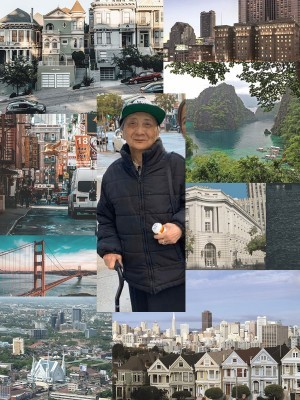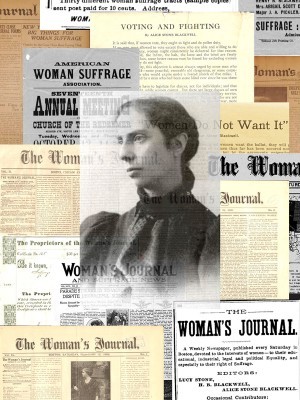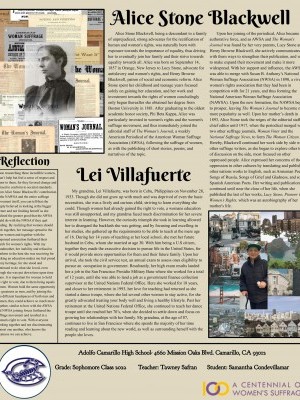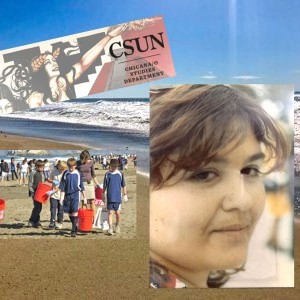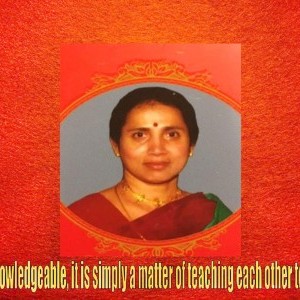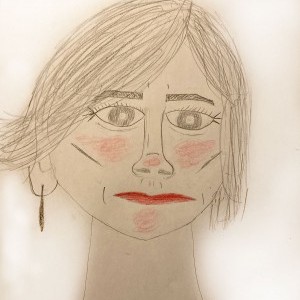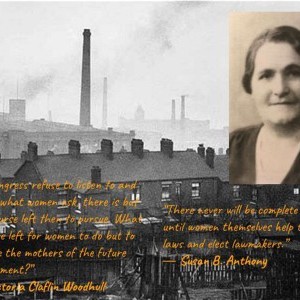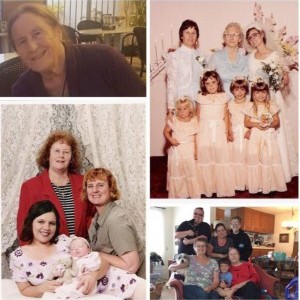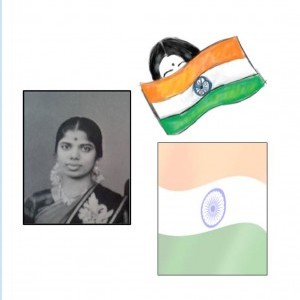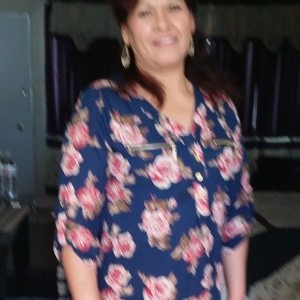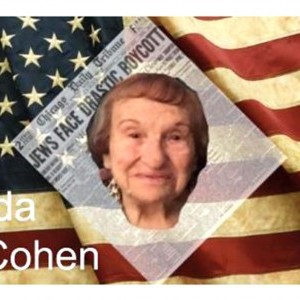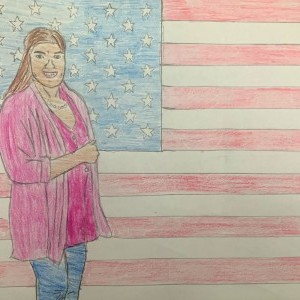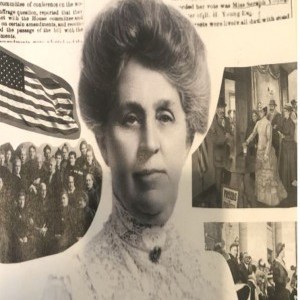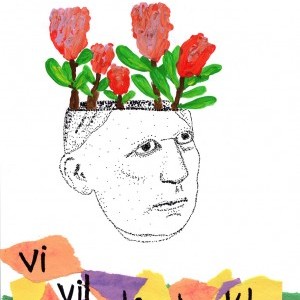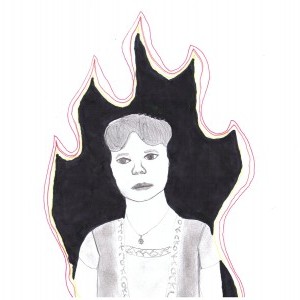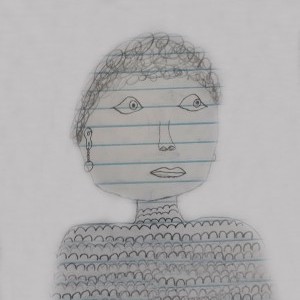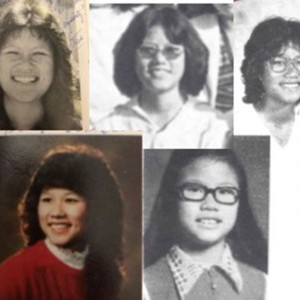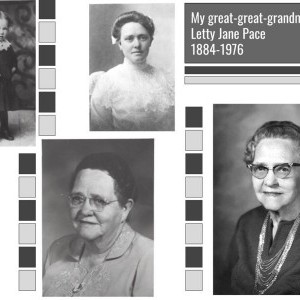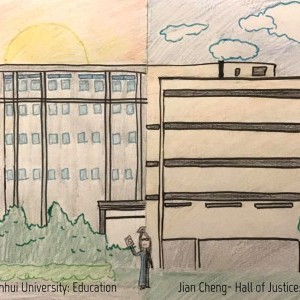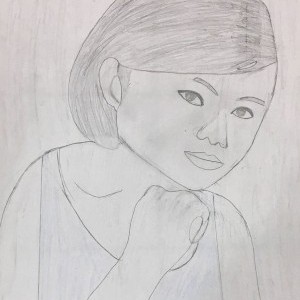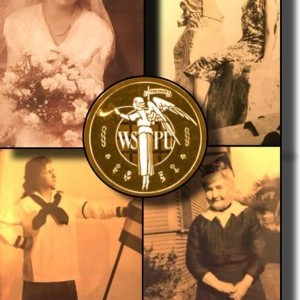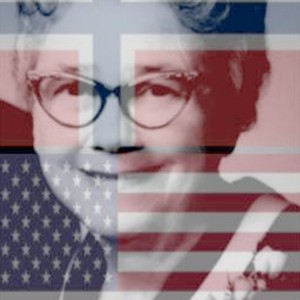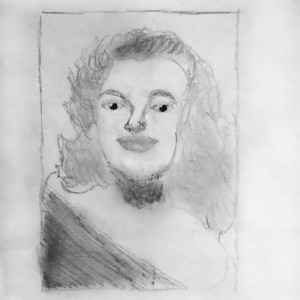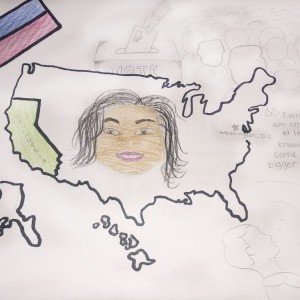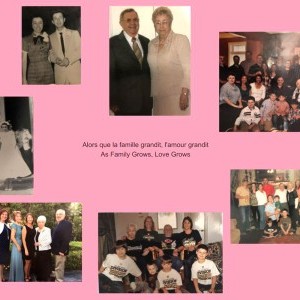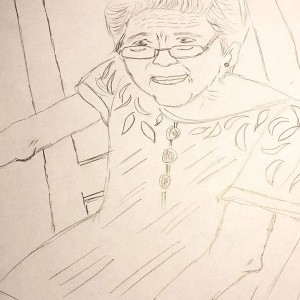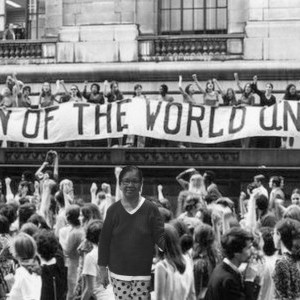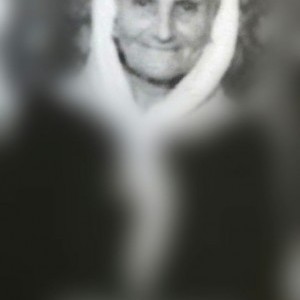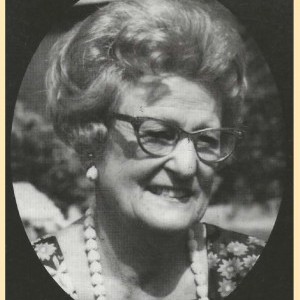Samantha Condevillamar
Adolfo Camarillo High School | Camarillo, CA | 10th
Inspirational Family Member
Lei Villafuerte, My Grandma
My grandma, Lei Villafuerte, was born in Cebu, Philippines on November 28, 1933. Though she did not grow up with much and was deprived of even the basic necessities, she was a lively and curious child, striving to learn everything she could. Though women had already gained the right to vote, a woman’s education was still unsupported, and my grandma faced much discrimination for her severe interest in learning. However, her curiosity in learning triumphed and allowed her to disregard the backlash she was getting. By focusing and excelling in her studies, she gathered up the requirements to be able to teach at the mere age of sixteen.
During her fourteen years of teaching at her local school, she met her future husband in Cebu, whom she married at age thirty. He was a US citizen and together they made the decision to pursue life in the United States, for it would provide more opportunities for them and their future family. Upon her arrival, she took the civil service test, an annual exam to assess one’s eligibility to pursue an occupation in government.
Resultantly, her high exam marks landed her a job in the San Francisco Presidio Military Base where she worked for a total of twelve years, until she was able to land a job as a government finance collection supervisor at the United Nations Federal Office. Here she worked for eighteen years. Close to her retirement in 1993, my grandma’s love of teaching returned and she started a dance troupe, where she led several women to stay active, treat their body well, and live a healthy lifestyle. Past her retirement at the United Nations Federal Office, she continued to teach her dance troupe until she reached her seventies, when she decided to settle down and focus on growing her relationships with her family. My grandma continues to live in San Francisco at the age of 87, where she spends the majority of her time reading and surrounding herself with the people she loves.
Historical Figure I Admire
Alice Stone Blackwell
Alice Stone Blackwell, being a descendant to a family of unprejudiced, strong advocates for the rectification of human and women's rights, was naturally born with exposure towards the importance of equality, thus driving her to eventually join her family in striving towards equality towards all. Alice was born on September 14, 1857 in Orange, New Jersey to Lucy Stone, advocate for anti-slavery and women’s rights, and Henry Browne Blackwell, patron of social and economic reform. Alice Stone spent her childhood and teenage years focused solely on gaining her education. Her work and investment towards the rights of women began only after she obtained her degree from Boston University in 1881. After graduating and, as a member of the oldest academic honor society, Phi Beta Kappa, Alice was particularly invested in women's rights and the women's suffrage movement. She immediately joined the editorial staff of The Woman's Journal, a weekly American Periodical of the American Woman Suffrage Association (AWSA), following the suffrage of women, as well as publishing short stories, poems, and narratives on the topic.
Upon her joining the staff of the periodical, Alice became an authoritative force. Since AWSA and The Woman's Journal were founded by her very parents, Lucy Stone and Henry Browne Blackwell, she actively communicated with them ways to strengthen their publication as well as ways to expand their movement and make it more widespread. With her support and influence, the AWSA was able to merge in 1890 with Susan B. Anthony’s National Woman Suffrage Association (NWSA), a rival women's rights association that they had been in competition with for twenty-one years, and thus forming the National American Woman Suffrage Association (NAWSA).
Upon the new formation, the NAWSA began to prosper, enabling The Woman’s Journal to become more popular as well. Upon her mother’s death in 1893, Alice Stone took the reigns of the editorial staff as chief editor until 1917, when the periodical merged with two other suffrage journals, Woman Voter and the National Suffrage News, to form The Woman Citizen. Hereby, Blackwell continued her work side by side with other suffrage writers, as she began to explore other topics of discussion, mostly focused on other oppressed people. Alice expressed her concerns of the oppression in other cultures by translating and publishing other nations’ works into English, such as Armenian Poems, Songs of Russia, Songs of Grief and Gladness, and some Spanish-American poets. Her writing and publications continued until near the close of her life, when she published the last of her works, Lucy Stone, Pioneer in Women’s Rights, which was an autobiography of her mother's life.
During the mid nineteenth century to the early twentieth century, the number of employed women increased, as women were beginning to stray from typical household jobs to take up “men's roles.” Though this seemed like a monumental change, as women began to think they were being equal to men, it provided more problems, as the wages of men and women were unequal. Since women were being denied the right to vote, they could not alter this policy. With the writing and publications of women's suffrage periodicals such as The Woman's Journal, women were beginning to realize the injustice and were empowered to rebel instead of simply accepting the wrongdoings. Women were beginning to realize that they were not less than men, but rather had an equivalent status to them.
What the Project Means to Me
Upon researching these incredible women, I can’t help but feel a sense of respect and honor, for they favored change and refused to conform to societal standards. From Alice Stone Blackwell’s contribution to the NAWSA and the entire suffrage movement itself, you can tell that she deeply believed in looking at the bigger picture and not limiting herself as she realized the greater good that AWSA could do with NWSA if they quit feuding. By realizing that women should stick together, her message spread to the other women and together with the conjoined association furthered their march for women's rights.
My grandmother’s refusal to conform to the hate she was receiving for seeking an education makes me feel proud of my heritage, for she continued to do what she loved, even though she was put down, time and time again. It is important for women to hold the right to vote, due to them being equals to men. Women hold the same opportunity for greatness as men, and by joining the two different head spaces of both men and women, they could achieve so much more together. This was proved when AWSA and NWSA joined forces and furthered the suffrage movement which resulted in a woman's right to vote. With everyone working together and not discriminating against one another, who knows the greatness we can achieve?
Explore the Archive
More From This Class
Click on the thumbnails below to view each student's work.Deadline Extended
There's still time to join Women Leading the Way.
Become a part of our storytelling archive. Enroll your class today.
Join the Project

